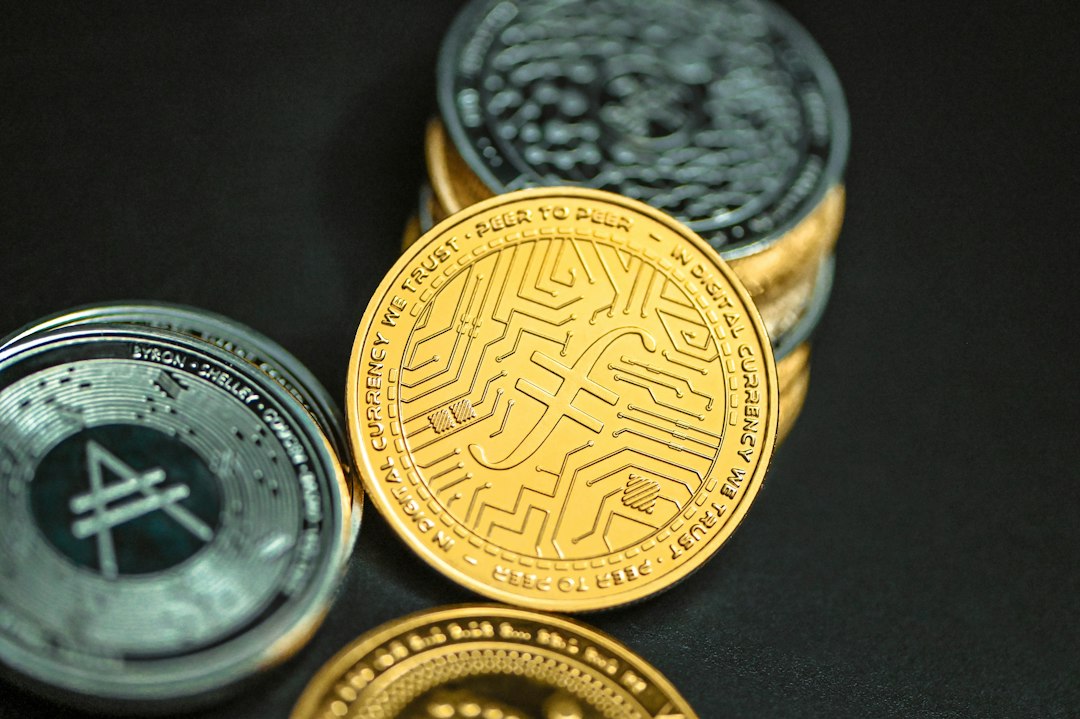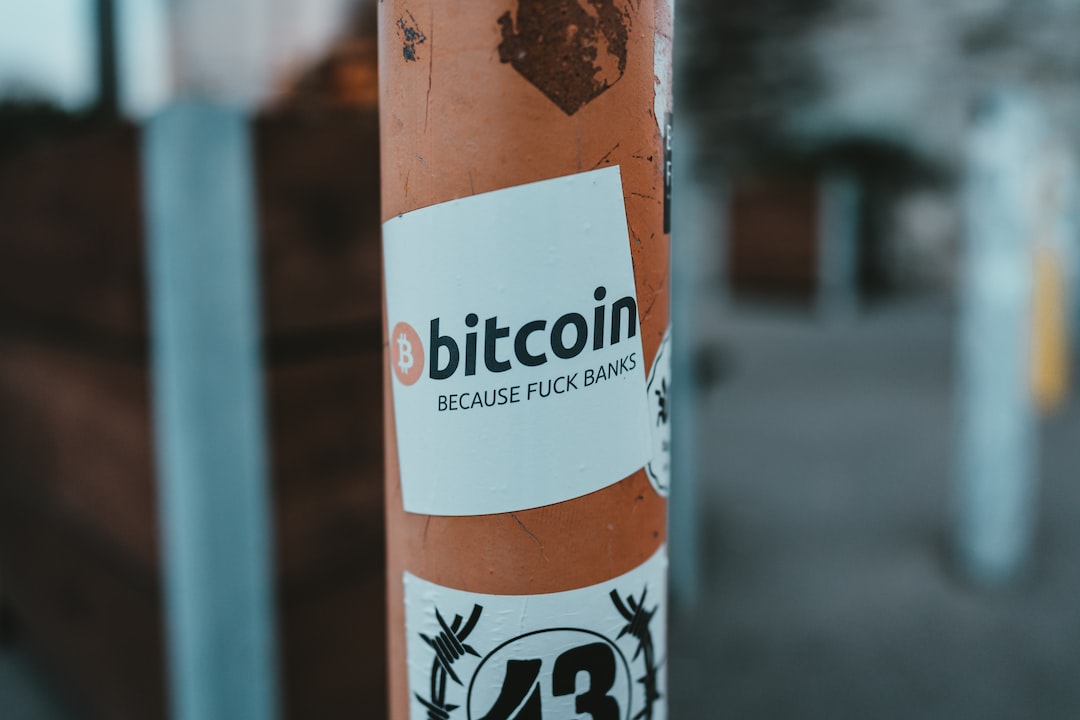There are valuable minerals like nickel, copper, cobalt, and manganese lying at the bottom of the seafloor in the Pacific Ocean’s Clarion-Clipperton Zone. However, deep-sea mining to extract these minerals has sparked controversy due to concerns about ecological disruptions and the lack of finalized international regulations. The International Seabed Authority (ISA), responsible for regulating deep-sea mining, recently missed a deadline to finalize regulations, forcing them to accept mining applications without regulations. The Metals Company plans to submit its application next summer and begin exploitation in 2025, raising concerns about potential implications. CEO Gerard Barron argues that deep-sea mining’s impacts are a fraction compared to land-based alternatives like deforestation and child labor in terrestrial mining.
The demand for minerals like nickel, manganese, and cobalt is projected to increase significantly due to the growing battery demand for electric vehicles (EVs). These minerals are abundant on the seafloor in polymetallic nodules covering up to 70% of certain areas. The Metals Company holds exploration licenses in areas with vast deposits of nickel, copper, cobalt, and manganese that could power about 280 million EVs. A life-cycle analysis commissioned by The Metals Company showed that deep-sea mining had lower environmental impacts compared to land-based mining and processing.
However, there are concerns about potential damage to deep-sea ecosystems and biodiversity that were not captured by the analysis. Organizations like the World Wildlife Fund have called for a moratorium on deep-sea mining, arguing that more research is needed before making informed decisions. Scientists are still discovering new species and understanding the deep sea’s functioning. The ISA missed a deadline triggered by Nauru’s letter notifying its plans to start mining, raising questions about provisional approval for mining applications. The Metals Company faces pressure to prove its value after a disastrous SPAC merger.
Hot Take: The debate over deep-sea mining continues, with concerns about potential ecological disruptions and the lack of finalized regulations. While The Metals Company argues that deep-sea mining’s impacts are smaller compared to land-based alternatives, organizations like the World Wildlife Fund call for more research and a moratorium on deep-sea mining. The demand for minerals like nickel, cobalt, and manganese is increasing due to the rise of EVs, but the potential environmental impacts and unknowns surrounding deep-sea ecosystems raise questions about the sustainability of this industry. As the ISA faces challenges in finalizing regulations, the future of deep-sea mining remains uncertain.





 By
By

 By
By
 By
By
